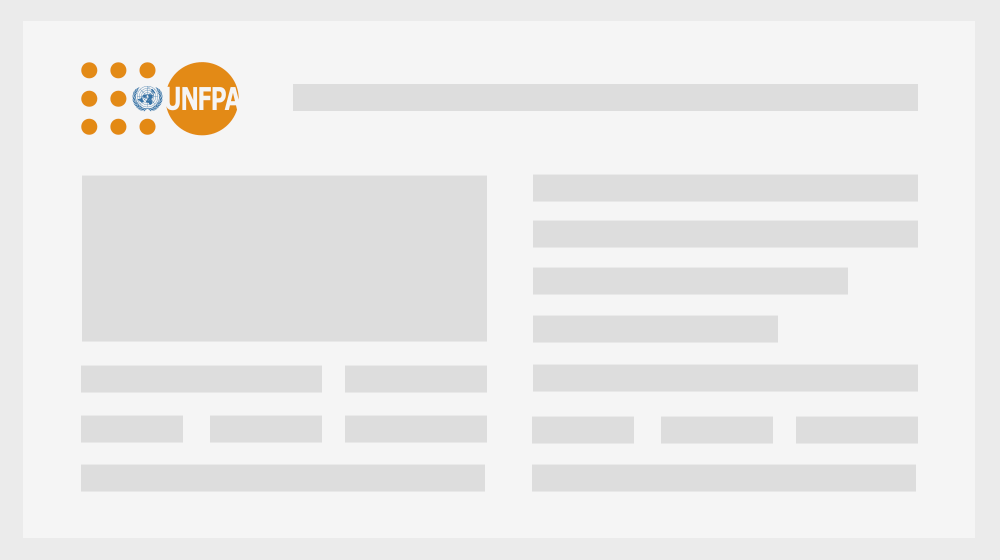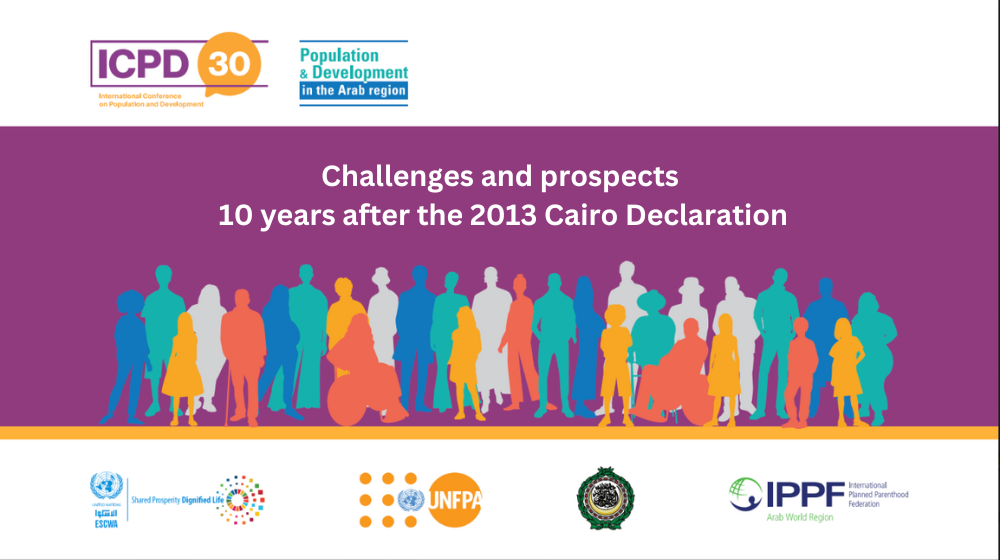The goal of the workshop is part of the Ministry's plan to strengthen and enhance the health services provided as part of the birth-spacing program. The specialists in the department of family and community health are working on introducing a new birth-spacing method to be provided in birth-spacing clinics in health centres to expand the availability of modern contraceptive methods in the Sultanate. The Implanon contraceptive, an implant method, is one of the long-term contraceptive options as it can prevent unwanted pregnancies for a period of 3 years.
To achieve this goal, a group of 11 physicians (all female), from all the governorates of the Sultanate of Oman, will be trained to be trainers themselves in the provision of the Implanon method (including the insertion procedure). The certified physicians will then conduct similar training workshops in their respective governorates so that more physicians become competent and certified in the procedure. This will assure the accessibility to the Implanon method all over the Sultanate.
In the beginning of the workshop, Dr. Jamila Al-Abri, Director of the Department of Family and Community Health, briefly shed light on the array of services provided by the birth-spacing program and the stages the program went through. She also familiarized the audience with the ministry's plan of enhancing health service provision through introducing new methods such as the Implanon.
The training workshop will be carried out by Dr. Mohamed Bahaa Shawkat, an expert in reproductive health and family planning from the Arab Republic of Egypt. Also other national physicians with training expertise in birth-spacing methods will participate in the training as co-trainers: Dr. Hanan Al-Mah'rooqi (First Consultant Physician and Director of Al-Athaiba Health Centre) and Dr. Faiza Fadel (First Consultant Physician in Al-Hail Health Centre).
During the workshop there will be theoretical lectures that address all aspects of the Implanon method, such as its definition, how it works, its health benefits, its side effects, and how to insert the implant as well as how to remove it. There will also be lectures and discussions about the counselling services that take place before introducing the method to patients and how to treat myths and rumors that might circulate around the method. Additionally there will be lectures and activities to strengthen the training capacity of the workshop participants, to prepare them to take on the leadership training role in the field. The lectures of the workshop will also be mixed with several training activities in order to communicate the information in a way conducive to the advanced level of the participants. Adult education technologies which are based on participation, and not just the receiving of instructions, will be utilized.
In addition to the theoretical component there will be practical training on the insertion of the implants, using model arms that MOH was able to secure through the support and procurement of UNFPA. After that, the insertion procedure will be carried for a number of women volunteers from the Muscat governorate. The volunteers were recruited by the officials from the directorate of health services in Muscat who coordinated with directors of health centres in all the districts to achieve this.
In this regard, MOH commends the role played by UNFPA for its continuous support to the ministry to strengthen reproductive health services in all the related fields through the implementation of collaborative annual plans between the two parties. The annual plans include various activities such as holding workshops and training sessions, facilitating missions by international experts to the Sultanate to lead training and evaluation initiatives, and providing of logistical support.
(mainly adopted from an MOH press release)




